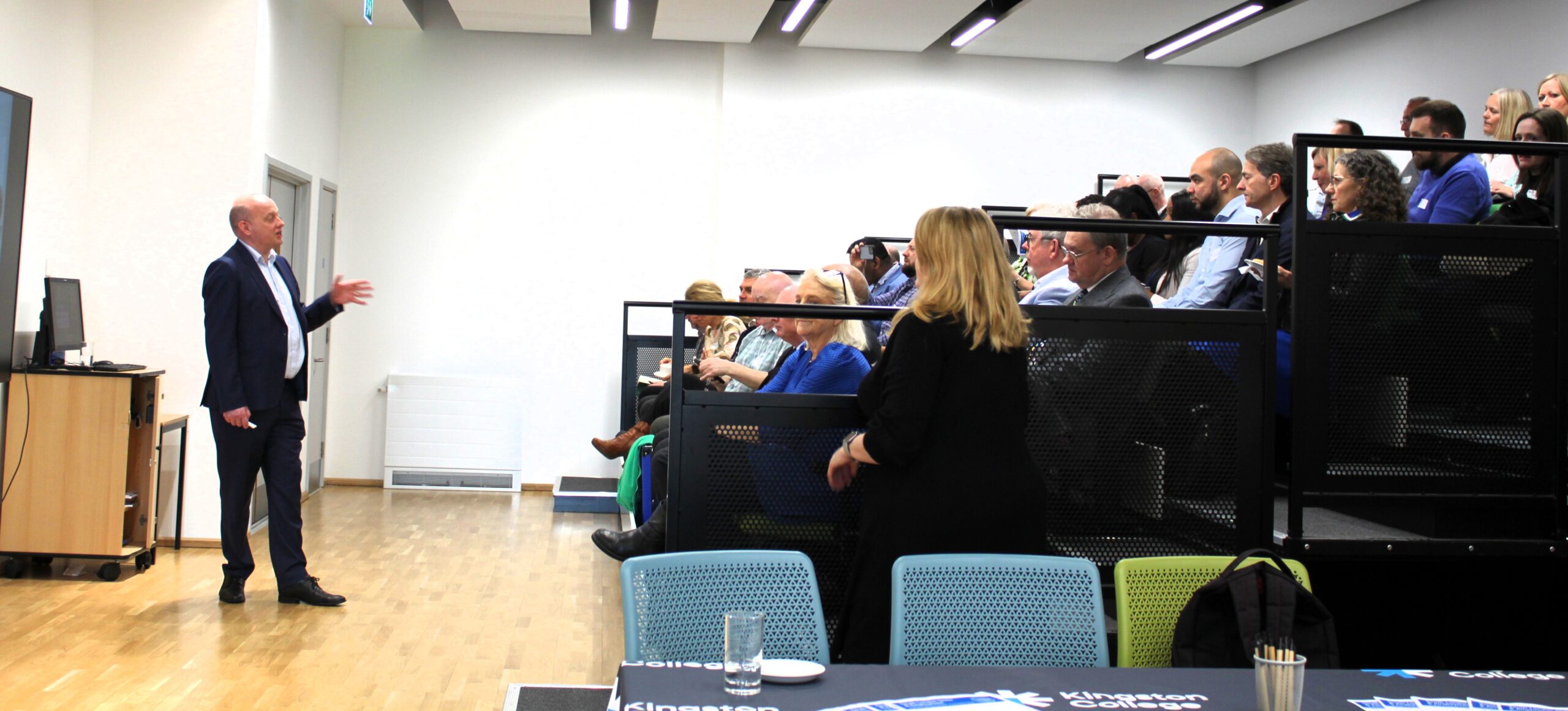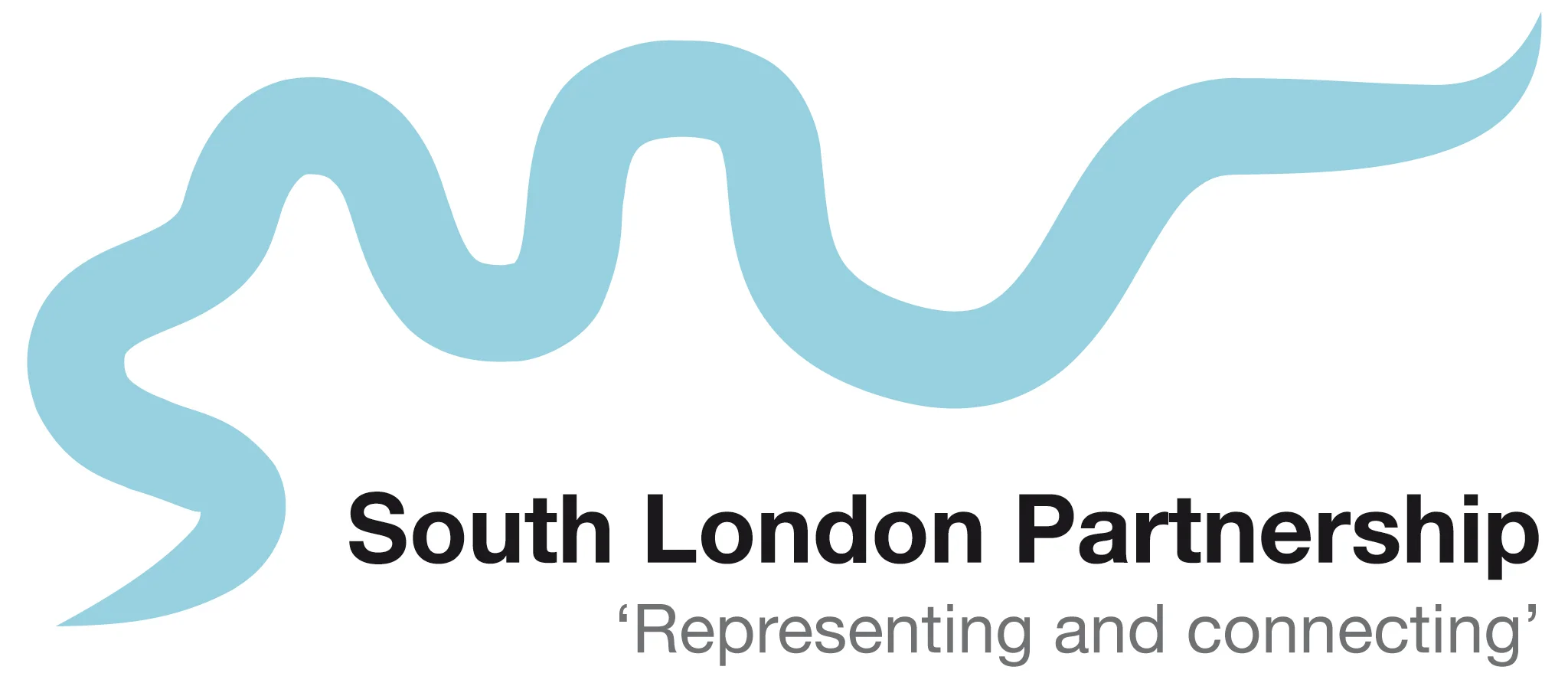Understanding the Local Skills Improvement Plan (LSIP): What It Means for You and Your Programme

The Local Skills Improvement Plan (LSIP) is a key document that outlines the skills and employment needs of South London and its employers.
This pan-London initiative, with a specific annex focusing on the region, provides detailed action plans and activities to address the greatest workforce needs or contribute significantly to the region’s growth.
The LSIP serves as a statutory framework, legally outlining why certain programmes are delivered in the region. Although the LSIP is a substantial document, much of it consists of appendices, which you can access via the full report.
Key focus areas of the LSIP
The LSIP covers our priority sectors in South London and details actions that all partners in South London need to consider, especially employers and training providers. It links closely with programme delivery by the South London Partnership, for example:
- Green Skills Academy Hub: Focuses on the transition to a more sustainable, eco-friendly economy.
- Digital, Innovation, and Entrepreneurialism: Emphasises growth in tech, innovation, and entrepreneurial activities alongside BIG South London.
- Future Workforce and Young People: Aimed at preparing the next generation for the workforce via the South London Careers Hub.
- Inclusive Recruitment: The South London No Wrong Door Integration Hub ensures that recruitment processes are inclusive and employers embrace diversity.
- Health and Social Care: South West London Social Care Academy Hub addresses the skills gap in the critical health and social care sector.
Each year, an updated report is created to showcase the progress made in implementing LSIP initiatives. For newcomers to the LSIP, the 2024 progress report provides a concise summary of the work accomplished and could be an excellent starting point for understanding the plan.
LSIP funding
While there is a small budget allocated to the LSIP through pan-London employer representative body BusinessLDN, funding for its delivery is predominantly channelled through South London Partnership (SLP) programmes and core funding for colleges. In 2024-2025, additional capital funding was made available to improve college facilities and ensure they better align with the needs of employers, referred to as the Local Skills Improvement Fund. This funding is crucial for ensuring that educational and training facilities can meet the growing demand for skilled workers in priority sectors.
What activities are undertaken through the LSIP?
The LSIP is not just a paper document, it drives action through various programmes and initiatives. Here are some of the key activities:
- Strategic Skills and Employment Alliance: We’ve established an alliance with employers, industry representatives, providers, and local authorities to steer the skills agenda in South London. This alliance ensures collaboration and alignment with the region’s needs.
- Partnership Charter: A key part of the LSIP is the creation of a Partnership Charter for organisations to sign, showing their commitment to inclusive recruitment, sustainability, and working with the future workforce. This charter is an essential tool for engaging businesses and organisations in the LSIP’s objectives.
- Curriculum Design and Programme Delivery: To ensure that education and training align with the region’s priority sectors, we’ve formed the Regional Education Partnership, which works closely with South Thames Colleges Group to shape programme delivery and curriculum.
- Employer Engagement and Support: We regularly host webinars and events to support employers with inclusive recruitment and talent pipeline strategies. These events also offer a chance to connect with policymakers and other stakeholders around the LSIP priorities.
- Film and Media: To raise awareness of the LSIP’s goals and the work being done in South London, we produce films and social media content that highlight success stories and key achievements.
- Sector-Specific Events: We regularly host events focused on priority sectors, such as the recent charter event, which brought together employers, educators, and other stakeholders to discuss workforce needs.
How can I support the LSIP?
If you’re a practitioner within the South London Partnership, it’s important that you understand the LSIP and how it aligns with the programmes you’re delivering. Being familiar with the LSIP allows you to effectively engage with stakeholders, answer questions, and advocate for the initiatives that are shaping the region’s future workforce.
By understanding the LSIP’s strategic priorities, you’ll also be able to use the Partnership Charter as a valuable engagement tool. For example, if you’re working with a partner on a programme, you can offer them the opportunity to get involved with the charter or ask us to reach out to them.
Additionally, the LSIP has fostered strong relationships with colleges, training providers, and businesses, meaning that if you need connections or support, we can help facilitate these conversations.
Whether you’re looking to improve your programme’s curriculum or connect with employers, the LSIP provides a roadmap for achieving success in South London’s workforce development. If you’d like to know more about the LSIP or need further information, don’t hesitate to reach out.
We’re here to support you and help connect you with the right resources.



